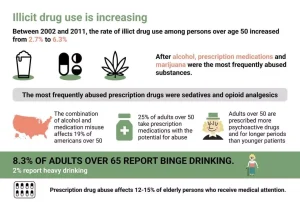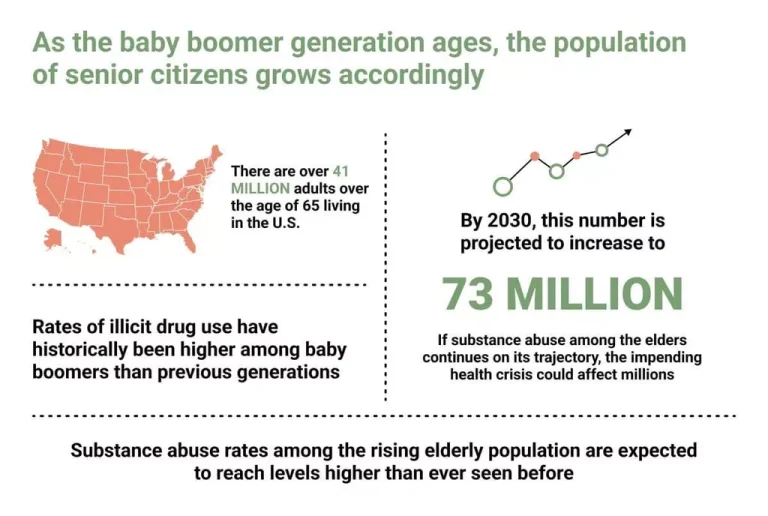
Additionally, it might be a good idea to drink the beer more slowly and not in one quick gulp. Histamines can be found in wine, as they are produced when yeast is used to ferment grapes. For these reasons, it is important for winemakers to be aware of the possible effects that histamines may have on some people.
The Benefits Of Sulfites In Wine
Beer allergies and intolerances are different—allergies are an immune response and intolerances are a digestive response. If they are not sure what is causing your symptoms, they might want you to see an allergist, a healthcare provider that specializes in allergies and asthma. A skin test is the standard diagnostic tool for finding out if someone has allergies. A provider puts tiny amounts of potential allergens on your skin during a skin test.
Are certain alcoholic beverages more likely to trigger sneezing?
Thus it is important to know what you are drinking before you drink it. For example, someone with an allergy to gluten might experience adverse reactions if the wine contains any trace amounts of gluten. Knowing the ingredients used to make a wine can help you make an informed decision about what kind of wine you want to drink. Gas and bloating have a lot of other possible causes, though, so for a more certain diagnosis, talk to your doctor about your symptoms. Overall, it is important to be aware of the potential for beer to irritate allergies due to its sulfite content. If you experience any negative reactions after drinking beer, it is best to avoid it or choose a different type of beverage.

When to see a doctor
Since alcohol products originate from various sources, you may be intolerant to one kind of alcohol and not another. Alcohol can sometimes exacerbate nasal symptoms in individuals with preexisting conditions like allergies or rhinitis. It’s best to monitor how your body responds to alcohol and avoid it if it worsens your symptoms. Ok, so now that we’ve answered the question – why does my nose get stuffy when I drink? – it’s time to determine whether this is really a cause for concern or not.
- A skin prick test or blood test may be used to detect an allergic reaction to the particular compounds that are present in red wine.
- If any of the following scenarios seem familar, it might be time to make some changes.
- If you’re allergic to alcohol, you may experience hives, itching, swelling, difficulty breathing, and wheezing.
- Common sulfites include potassium bisulfite or potassium metabisulfite.
Final Thoughts on Why You Get a Stuffy Nose After Drinking
If you have a sulfite allergy, you will have symptoms when you drink beer. Since the main ingredient in beer is barley, you will have to avoid beer on a gluten-free diet or stick with gluten-free beer. We have plenty of reasons on alcohol intolerances, allergies and what to do next. Our complete guide to Sudden Alcohol Intolerance is an excellent introductory resource to this condition. Even if people don’t consume enough alcohol to cause a hangover, they can still get a headache from drinking.

What are the symptoms of alcohol allergy?
It’s the inability to metabolize these histamines that can cause an allergic reaction or flare-up, he says. Levels of histamines vary based on alcohol, but they will be in higher concentrations in beer and wine (especially red), he says. On top of those reasons, the individual may have an alcohol intolerance. An alcohol intolerance is commonly mistaken for an alcohol allergy and is often misdiagnosed.

How to Test for an Alcohol Allergy
ALDH turns aldehyde into acetic acid, a nontoxic substance that doesn’t cause any harm. If you find that straight spirits make you sneeze, try diluting them with water or soda before you drink them. One theory suggests that amphetamine addiction treatment alcohol-induced sneezing may be related to nasal congestion. Alcohol has been known to cause dilation of blood vessels, including those in the nasal passages, leading to congestion and potentially triggering sneezing. Few things can be more frustrating than enjoying a drink with friends only to be interrupted by incessant sneezing. Alcohol-induced sneezing is a peculiar phenomenon that affects a small percentage of individuals.

For example, aged cheese, smoked meats, sauerkraut, wine, and beer tend to be high in histamines. While rare, yeast allergy can cause an allergic reaction in some people. In rare cases, sneezing triggered by alcohol could be a symptom of an underlying medical condition, such as gustatory rhinitis or trigeminal nerve dysfunction. If sneezing persists or is accompanied by alcohol makes me sneeze other concerning symptoms, consult a healthcare provider. This can happen because alcohol dilates blood vessels, making skin appear more flushed. It can also happen in people who have a genetic defect in the aldehyde dehydrogenase 2 (ALDH2) gene.
